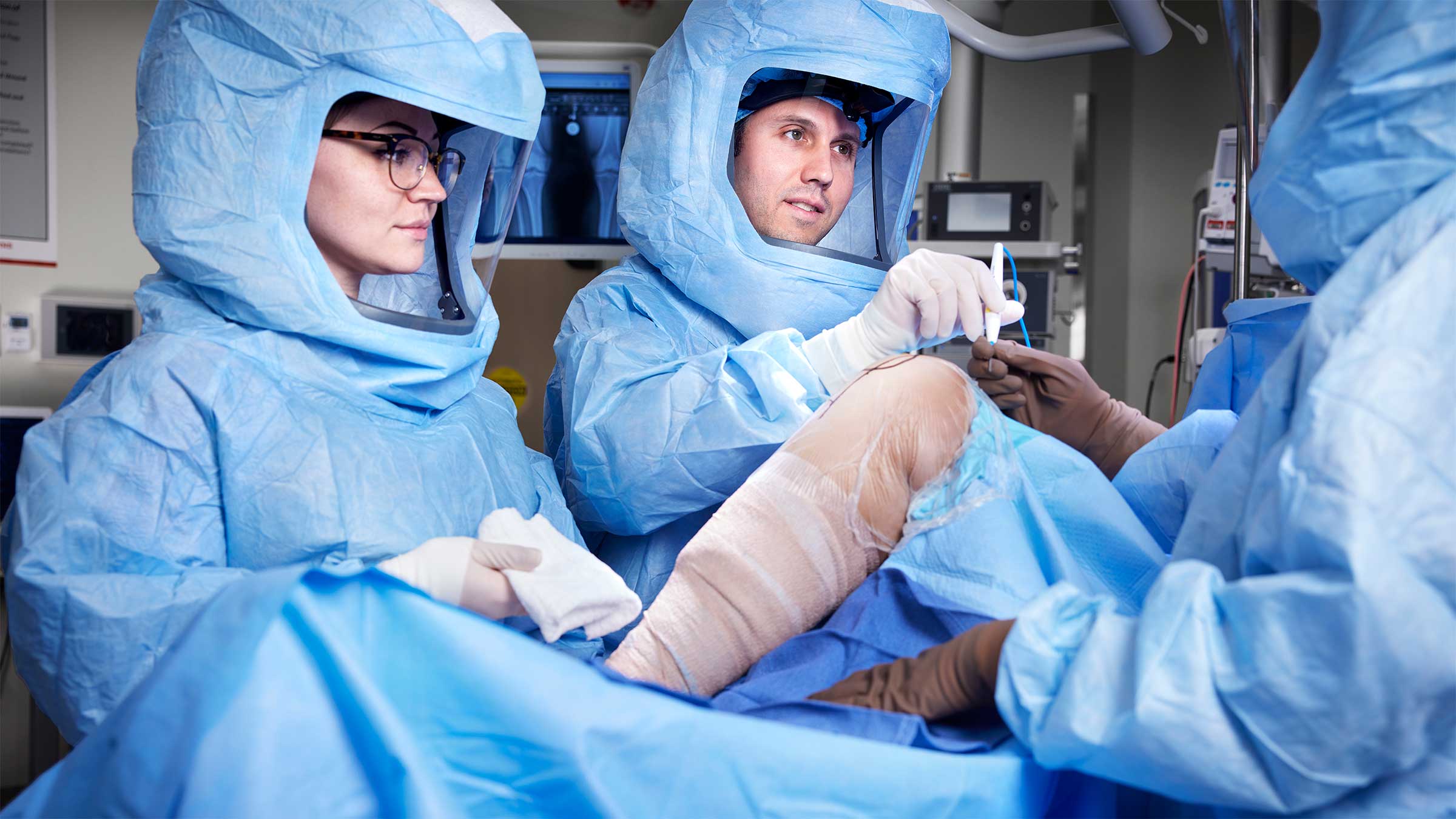
You remembered to put your passport, earbuds and medications in your carry-on before boarding the airplane — but did you remember to wear sunscreen?
Because airplane travel is closer to the ozone layer of Earth’s atmosphere, ultraviolet (UV) radiation can be more powerful and pose a greater risk of sun damage for our skin.
How airplane passengers’ risk of sun damage compares to flight crews’
Passengers’ exposure to UV radiation would be expected to be less than that of the flight crew — especially those in the cockpit — because of the difference in size of passenger windows vs. cockpit windows, and the different frequency and extended periods of time in which they’ll be in the air on an airplane.
In fact, a review of 19 research studies that was published in JAMA Dermatology in 2015 concluded that pilots and cabin crews have about twice the incidence of melanoma compared with the general population, even though airplane crews overall have lower rates of cancer and cardiovascular, respiratory and cerebrovascular diseases.
Nevertheless, passengers and flight crews both should follow sun protection measures.
How to protect your skin during air travel
Apply a broad-spectrum sunscreen with SPF of 30 or higher, and reapply every two hours. If you’re in a window seat on an airplane, shut the shade when you can.
Other forms of travel pose risks, too
Whether traveling by plane, train or car, being in a window in daylight for longer periods of time expose you to harmful UV damage that can increase your risk for skin cancer and sun damage that can lead to early signs of aging. In addition to wearing SPF 30 or higher sunscreen and reapplying regularly, you can protect your skin by wearing sun-protective clothing and/or a wide-brimmed hat.

Worried about your skin, hair or nails?
Ohio State's dermatology team provides comprehensive care backed by one of the nation's leading academic health centers.
Expert care starts here




